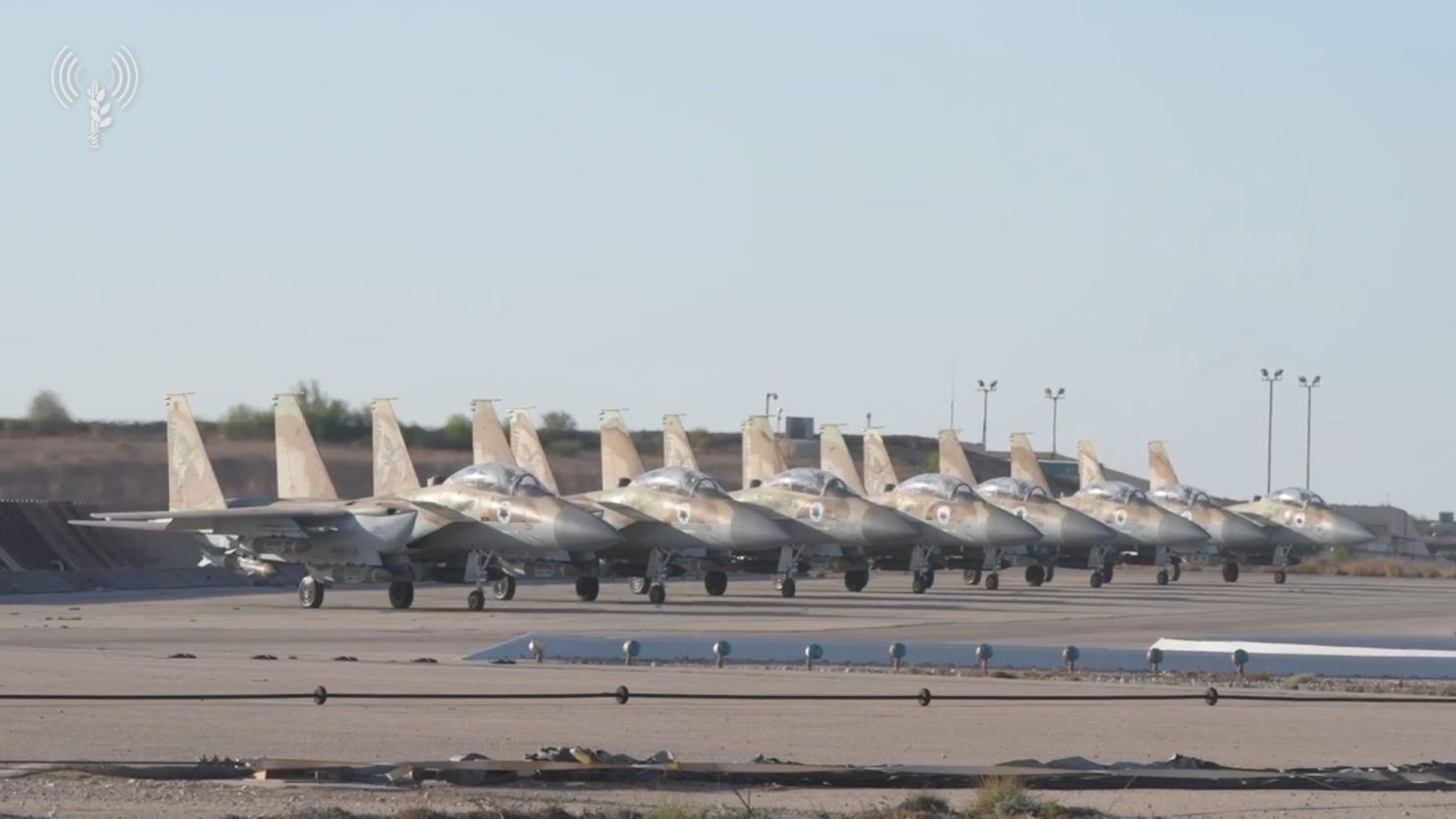Israel most probably dropped US-made 900kg (2,000-pound) bombs on the building from which Hezbollah leader Hassan Nasrallah had been operating and levelling residential buildings in southern Beirut, The Washington Post reported on Sunday. Citing a report from three military experts who studied videos of the attacks, the article contended that the bombs were US-made BLU-109 bunker-busters equipped with JDAM guidance kits. Those precision-guided weapons can penetrate heavily reinforced bunkers but do much damage in their wider blast radius.
Last Friday, the airstrikes marked the most intense escalation of an Israeli-Hezbollah conflict. Nasrallah, the leader of the Iran-backed group for decades, was reportedly targeted in Hezbollah’s underground headquarters. Several residential buildings in the crowded neighbourhood were laid to waste in the attacks, which forced the evacuation of many citizens.
The BLU-109 bombs are for hardened targets such as underground command centres, and JDAM kits ensure the bombs can hit their mark with great accuracy. The Project on Defense Alternatives reports that a 2,000-pound bomb has a destruction radius of about 35 meters or 115 feet, making it very destructive in an urban setting.
An attack by Israel on Nasrallah not only killed him but also destroyed parts of the southern suburbs of Beirut, as several buildings were flattened and the people dislodged. Hezbollah, having been one of Lebanon’s significant military and political forces for nearly two decades, now faces an issue of leadership and possibly losing the kind of cadence it could muster itself back to after losing its leader.
The Israeli military did not comment on the nature of the bombs used in the attack, but U.S. officials say they were never consulted beforehand. Nevertheless, both President Joe Biden and Vice President Kamala Harris came out to support the strike, terming Nasrallah’s death a “measure of justice.” The arming of Israel with weapons is also under heavy criticism from human rights groups over raging stories of civilian casualties.
This year, at its latest, it had even temporarily ceased delivering 2,000-pound bombs to Israel after controversies started building over their use in such densely populated areas as Gaza. The Biden administration has since approved permission for the delivery of 500-pound bombs on the condition that the country must be in a position to defend itself. The rising death toll has condemned continued U.S. military supply to the conflict.
After the airstrike, Israel had hardened its military attack on Lebanon, which raised the stakes of wider regional conflict. The government of Lebanon condemned the attack. International calls for de-escalation have become louder. As for President Biden, he reiterated the need to avert a war in the Middle East. “We have to avoid it,” Biden said of a full-scale war in the Middle East as he returned to Washington.
In a move to raise the stakes, the U.S. Defense Department has heightened the readiness of its forces in the Middle East, indicating more involvement from the United States if the situation continues to deteriorate. The Pentagon pointed out that it had all the capabilities to move forces at short notice and was prepared to posture itself differently if the security situation changed.
Amid all this, the Israel Ministry of Defense emerged to grasp a new military aid deal worth $8.7 billion from the United States, supposedly designed to strengthen Israel’s defence. This deal, which shall include air defence systems and many more, is the epitome of the enormous military cooperation between Israel and the U.S. and comes at a rather crucial juncture while Israel is on its march to continue military campaigns.
As the situation in Lebanon and Gaza hangs poised on the brink of precipice, the international community is urging restraint, though the future of peace in the region is uncertain.















